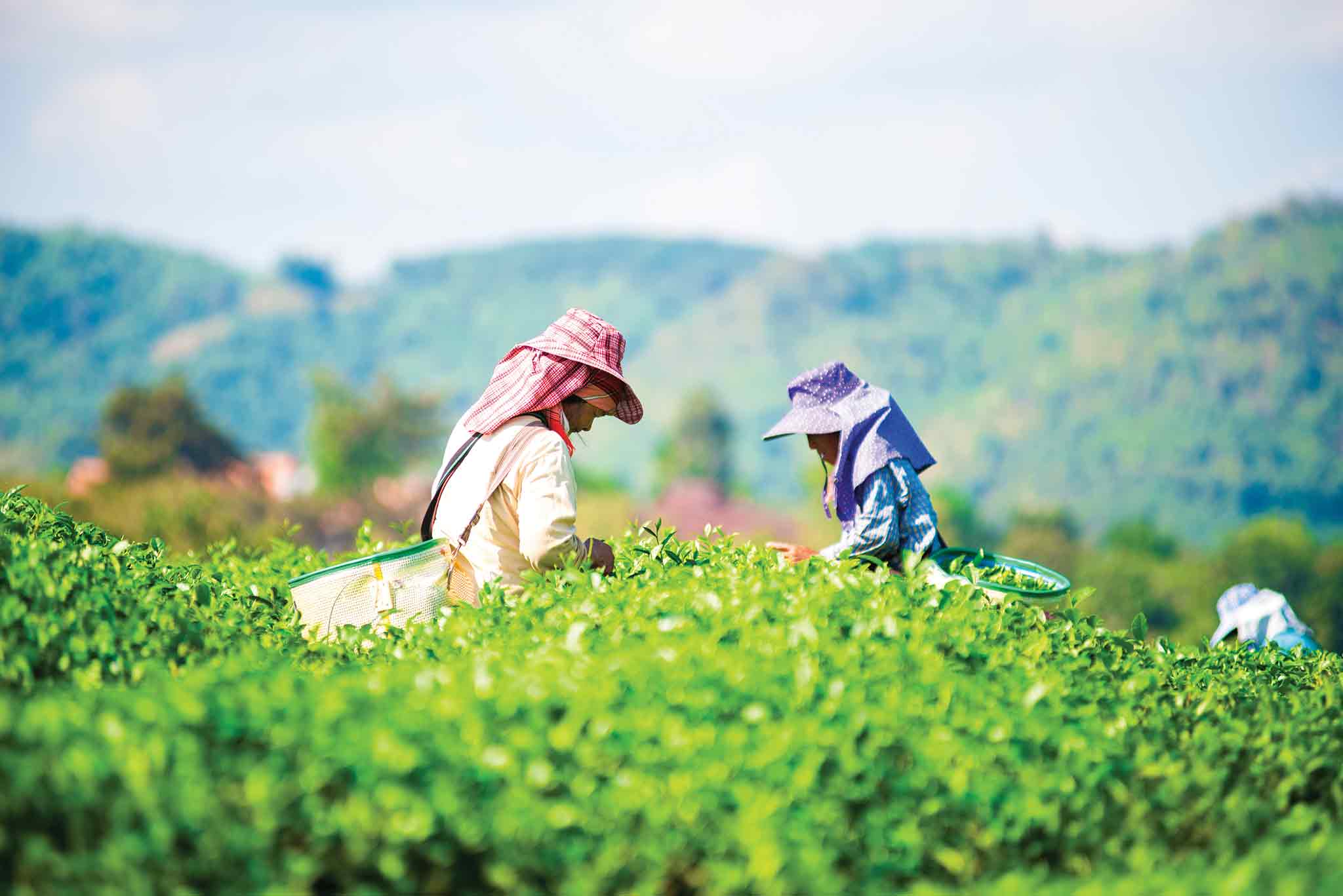The Times took Krisi Smith’s comments to the Tunbridge Wells Fairtrade Group. Their chair, Mandy Flashman-Wells, gave us this response:
“Contrary to what the local business owner claims, Fairtrade does indeed ensure that producers are paid properly. A minimum price, set to cover the cost of sustainable production, plus a Fairtrade premium.
“The minimum price provides a vital safety net for farmers and workers and protects them from fluctuations in the market, so they are ensured a stable income and can plan for the future.
“The premium is an additional sum of money used, as the producers see fit, to improve their social, economic and environmental conditions.
“The farmers and workers decide what is the most important to them and may include healthcare or education, business development or infrastructure. This is the best form of sustainable development.
“Our group is in regular contact with one such community in Malawi and we know at first hand how Fairtrade has improved the situation there.
“Recently Henry Matenda, a sugar cane producer from Malawi, visited Tunbridge Wells and spoke to us of the great difference that Fairtrade had made to his community.
“The Fairtrade premium benefits not only the farmers but often the local community as well. Their future plans include a secondary school, a hospital and a sugar cane milling plant.”
Ms Flashman-Wells agreed with the sentiment that ‘the best way of empowering change is to give control back to the producers’, arguing: “This is exactly what Fairtrade does. The beauty of Fairtrade is that it is a partnership between producers and consumers.
“The global Fairtrade system is 50 per cent owned by farmers representing farmer and worker organisations. They have an equal voice in all decision-making processes both locally and also within the General Assembly and on Fairtrade International’s Board of Directors.”
On the subject of Fairtrade being used as a marketing tool, she said: “One of the great things about buying products which have the Fairtrade mark on is that you are guaranteed, as a consumer, that the farmers and workers producing those goods have been paid a fair price. This is the basic tenet behind the Fairtrade mark.
“Whilst many people would like to buy directly from producers, this is not an option many choose. The Fairtrade mark is a guarantee that the producer has been paid fairly rather than exploited by a multinational company.
She insists that consumers who demand ethically sourced products ‘can only be a good thing for the producers’, as there is still much left to be done.
“Over 165 million cups of tea are drunk in this country every day but only 7 per cent of that is Fairtrade tea. Buying Fairtrade is one of the most powerful ways to deliver positive impact for tea farmers and their families.”








